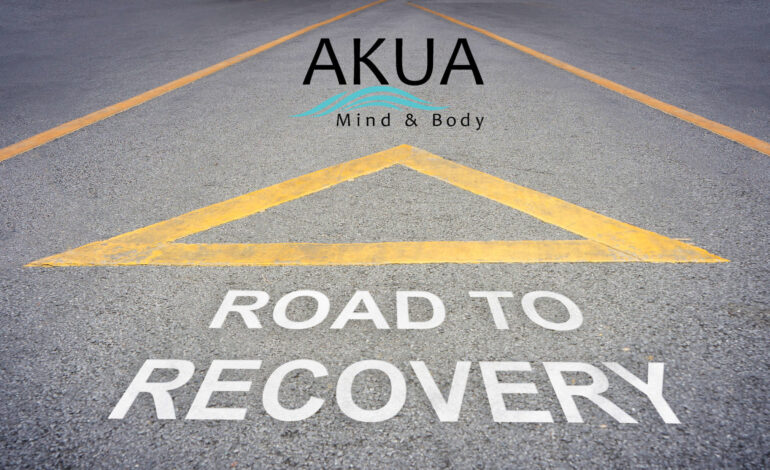September is National Recovery Month, initiated by the Substance Abuse and Mental Health Services Administration (SAMHSA).
“Recovery Month promotes the societal benefits of prevention, treatment, and recovery for mental health and substance use disorders, celebrates people in recovery, applauds the contributions of treatment and service providers, and promotes the message that recovery in all its forms is possible.” – SAMSHA
This month we’d like to spread the message that behavioral health is essential to overall well-being, treatment is effect, and recovery is possible.
Looking At The Numbers
An estimated 22 million Americans are in recovery from substance addiction.
About 1 in 5 Americans will suffer from a mental illness.
About 1 in 25 Americans (10 million) are living with serious mental illness.
You Need To Choose Recovery
There are many steps to the treatment and recovery process. The only way you can overcome a substance abuse disorder and be successful in your recovery is if you choose to make the effort to get better. This goes for mental illness as well. Help is available, but you must reach out.
Nobody in your life, whether it is a loved one, a health care professional, or a judge can make that decision for you. Recovery may be the toughest battle of your life, and you need to choose to undertake it.
Stages of Recovery
Stages of Recovery: Making A Change
Early Awareness & Acknowledgment of The Problem: The early stages involve pre-contemplation, where you may be justifying or excusing your behavior.
During contemplation, you realize you may need to accept you have a problem, and make changes.
The preparation stage involves gathering information, taking a pledge of abstinence from substances, and making concrete treatment plans.
Determination & Commitment To Treatment: This stage is the foundation for long-term recovery where you are taking steps to make a change.
You may be changing your surroundings, taking medication, or entering into a treatment program.
When entering into a substance abuse treatment program, you will go through intake and detoxification before you enter therapy and group sessions.
Recovery & A New Way of Living: Many believe that admitting there is a problem and entering into a treatment program is the most challenging step.
However, entering into recovery after completing treatment may be the most critical and challenging step in your recovery.
You are now coming back into the real world where you will have cravings and external stressors.
You no longer have someone watching over you or offering you advice. You must make decisions on your own that will affect your recovery.
Maintenance Therapy For A Lifelong Recovery journey: Joining support groups, making a relapse prevention plan, and finding a healthy community are all essential to maintaining your sobriety and mental health over the long-term.
If you do relapse at any stage, it is important to have a support group and plan so you can get back on track with your recovery.
Regardless of where you are in your recovery process, AKUA can help. We offer detoxification, inpatient, and intensive outpatient treatment programs for individuals struggling with substance abuse disorders and mental illnesses.
24/7 ADMISSION HELPLINE 888-629-6707




